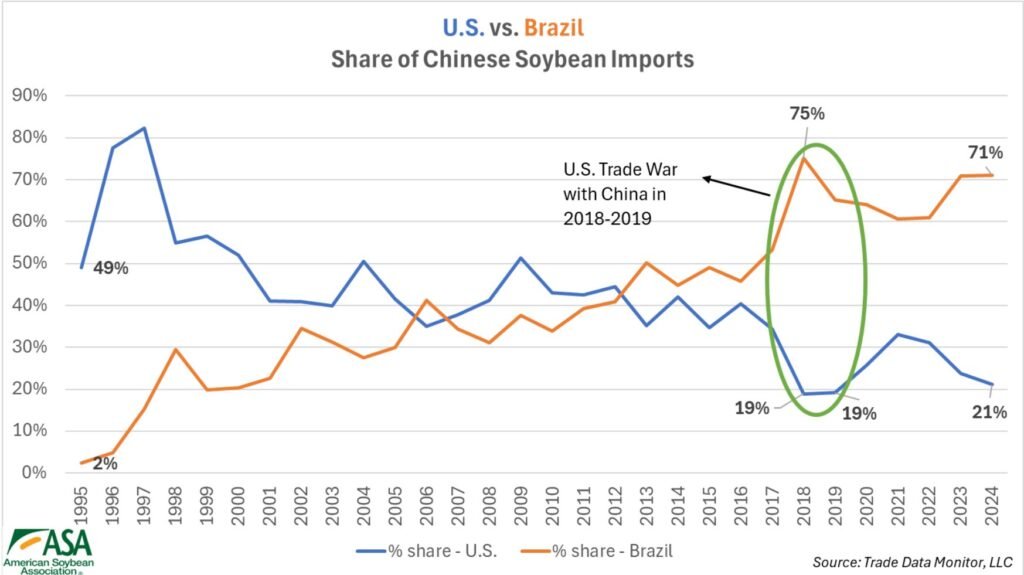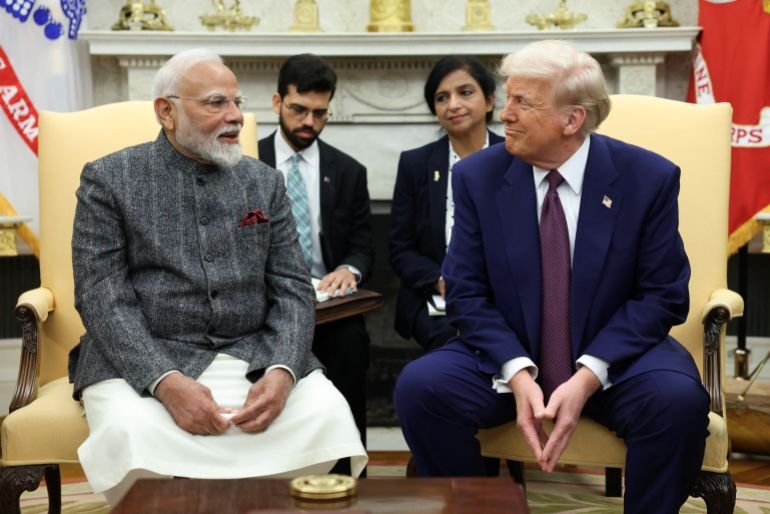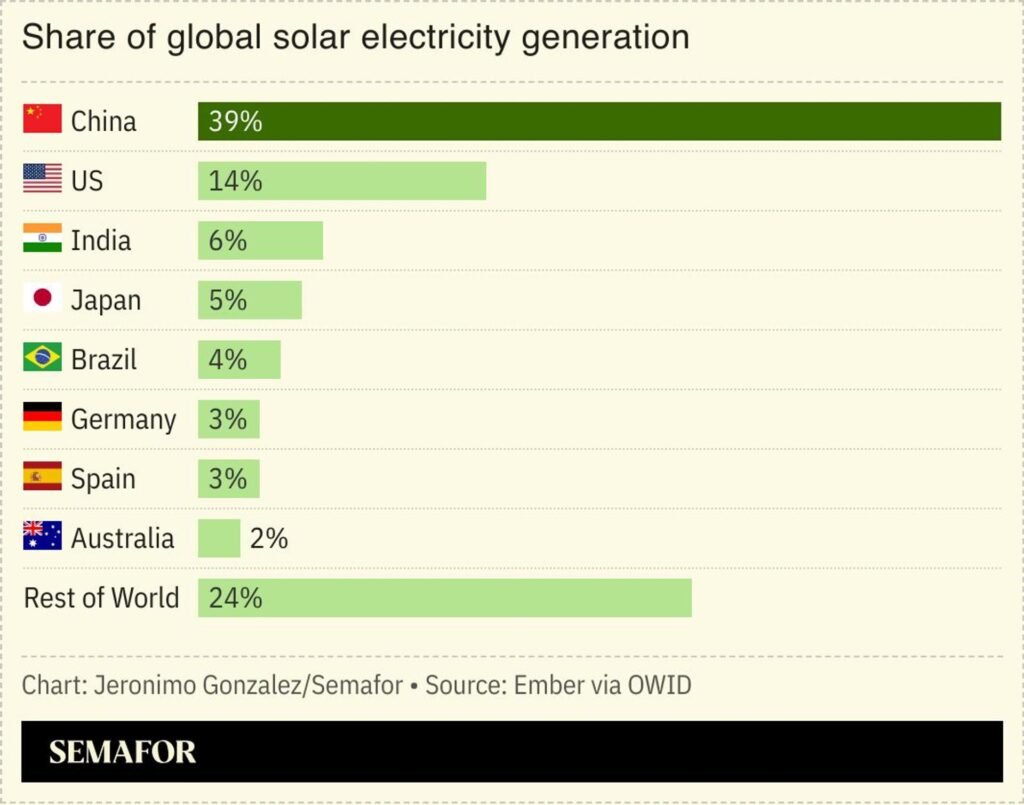Even after a recent rally, Chinese indexes have only just returned to levels seen in the aftermath of a dramatic bubble burst a decade ago. Instead of incentivizing consumers to spend, poor equity returns have nudged them toward saving. A $10,000 investment in the S&P 500 Index a decade ago would now have more than tripled in value, while the same amount in China’s CSI 300 benchmark would’ve added just around $3,000.
Part of the reason, long-term China watchers say, is structural. Created 35 years ago as a way for state-owned enterprises to channel household savings into building roads, ports and factories, exchanges have lacked a strong focus on delivering returns to investors. That skew has spawned a host of problems from an oversupply of shares to questionable post-listing practices, which continue to weigh on the $11 trillion market.
The country’s leaders are under pressure to fix this. President Xi is counting on domestic spending to reach the 5% economic growth goal, especially as a tariff war with the US heats up over the massive trade imbalance. At the same time, Beijing has reasons to keep prioritizing the market’s role as a source of capital: the country needs vast funding to nurture companies that underpin its tech ambitions — even if their profitability remains questionable.
“China’s capital market has long been a paradise for financiers and a hell for investors, although the new securities chief has made some improvements,” Liu Jipeng, a securities veteran who teaches at China University of Political Science and Law, said in an interview. “Regulators and exchanges are always consciously or unconsciously tilting toward the financing side of the business.”

Live Events
 ETMarkets.com
ETMarkets.comThe limits of China’s stock rally have again been evident this year. The CSI 300 has risen less than 7% despite a burst of optimism over AI, trailing benchmarks in the US and Europe. The underperformance — along with factors including an uncertain economic outlook — helps explain China’s extraordinarily high savings rate, which stands at 35% of disposable income. Chen Long, who works in the asset management industry, has taken to social media platform Xiaohongshu to warn people of the risks of chasing the recent rally.“Many ordinary people come in thinking they could make money, but the majority of them end up poorer,” Chen said in an interview, adding that he has been investing since 2014. “State-owned companies primarily answer to the government rather than shareholders, while many private entrepreneurs have little regard for small investors.”Over the past year, China’s top leadership has shown greater awareness of the stock market’s importance as a vehicle for wealth creation. That’s especially the case with an ongoing property slump and a fragmented social safety net, which exacerbates a sense of insecurity.
The Communist Party’s Politburo pledged to “stabilize housing and stock markets” in a December meeting — a rare expression of support for equities at the high-level gathering. The body also called for “increasing the attractiveness and inclusiveness of domestic capital markets” in July.
There is no quick fix to boosting household confidence “except for a stock market rebound,” said Hao Hong, chief investment officer at Lotus Asset Management Ltd. “This is a topic that we economists have been discussing in the closed door meetings in Beijing.’’
 ETMarkets.com
ETMarkets.comIn some ways, the market’s malaise has been decades in the making.
“The exchanges are motivated to fulfill the government’s call for increasing companies’ financing,” said Lian Ping, chairman of the China Chief Economist Forum, a think tank that advises the government. “But when it comes to protecting investors’ interests, there are few who are motivated to do it.”
An explosive growth in new listings made China the world’s biggest IPO market in 2022. Yet insufficient safeguards for shareholders and lax oversight of IPO frauds have led to share price crashes and delistings — what retail investors refer to as “stepping on a land mine.”
Take Beijing Zuojiang Technology, which listed in 2019. The company said in a 2023 statement that its product was modeled after Nvidia’s BlueField-2 DPU. The company warned in January the following year that it was at risk of being delisted, citing an investigation for disclosure violations. It was subsequently removed from the Shenzhen bourse.
The China Securities Regulatory Commission didn’t immediately reply to a fax seeking comment.
Recent years have seen greater efforts to screen poor-quality IPOs and crack down on financial fraud. There’s also a push to reduce additional stock issuances by listed companies and share sales by major stakeholders, while encouraging more corporate profit to be passed on to investors.
There has been visible progress. Initial public offerings shrank to nearly a third of 2023 levels last year. Shanghai and Shenzhen-listed companies handed out a combined 2.4 trillion yuan ($334 billion) in cash dividends for 2024, up 9% from the previous year, according to state media.
“The regulations and overall requirements after IPO have become stricter, in terms of reliability, transparency, or information disclosure,” said Ding Wenjie, investment strategist at China Asset Management Co.
 ETMarkets.com
ETMarkets.comReforms, however, have fallen short of transforming the market into one that prioritizes investor returns.
Even with the rise in share buybacks, CSI 300 companies spent only 0.2% of their market value on repurchasing shares in 2024, far less than the nearly 2% spent by S&P 500 firms, according to calculations by Bloomberg.
The recent policy push to attract more tech listings is also a worrying sign for some investors. Regulators are resuming the listing of unprofitable companies on the STAR board, dubbed China’s Nasdaq, while allowing them for the first time for the Shenzhen-based ChiNext board — which is earmarked for growth enterprises. IPOs so far this year have increased by nearly 30% from the same period in 2024.
That’s an inevitable move to secure capital for firms that are vital to China’s battle against the US for supremacy in AI, semiconductor and robotics, but also signals that authorities may again be putting funding needs ahead of investor protection. Fast-tracking more firms to list without tackling the core problems of corporate credibility will “just add volume without restoring investor trust,’’ said Hebe Chen, an analyst at Vantage Markets in Melbourne.
Stock exchange officials have been actively reaching out to investment banks and encouraging companies to file for IPOs, according to people familiar with the matter. Some high-quality tech applicants could get access to so-called “green channels” for a faster review and approval process, the people said.
“The entire regulatory environments are still not up to the task of delivering the best out of those companies,” said Dong Chen, chief Asia strategist at Pictet Wealth Management. It requires a more comprehensive improvement of the institutional environment “to provide the right incentives’’ for companies to deliver values to their shareholders, he said.







